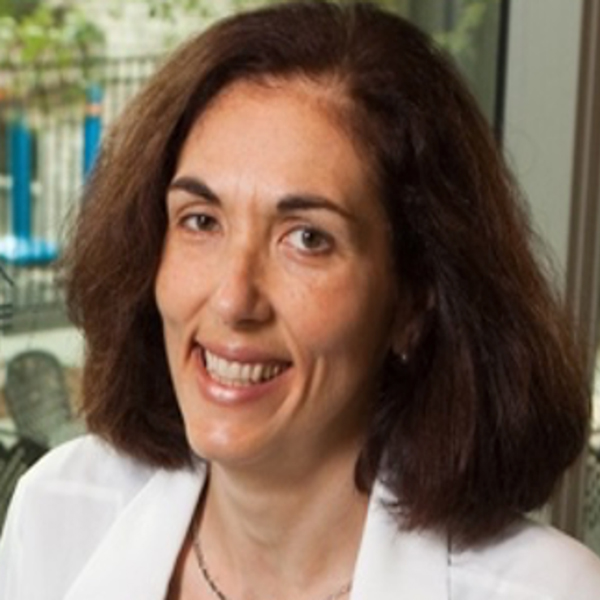A few of our many excellent speakers are listed below.
Hot Topic Talks
Also, be sure to check out some of the fascinating new presentations expected.

Day 1: Tuesday March 25th
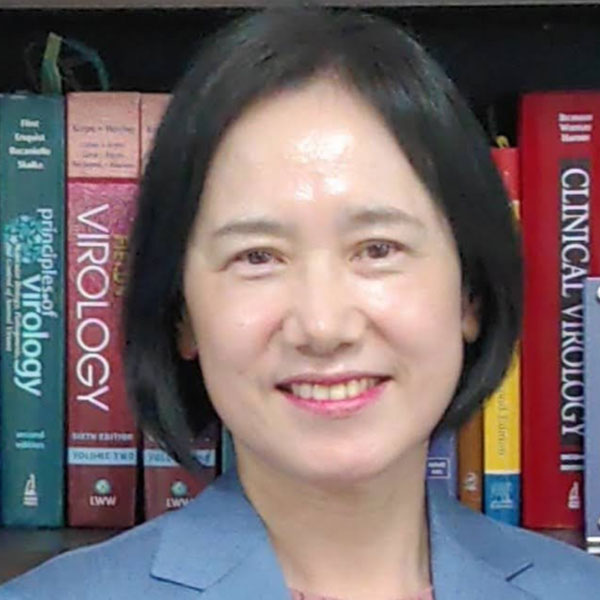
Yasuko Mori, MD, PhD
Professor
Division of Clinical Virology
Kobe University Graduate School of Medicine
Japan
Keynote: HHV-6 genes & proteins
With over 80 papers on HHV-6, Professor Mori has conducted pioneering research into the viral entry properties of HHV-6, including the discovery of the specific cellular receptor for HHV-6B entry.

Benedikt Kaufer, PhD
Professor and Managing Director
Institute of Virology
Free University
Germany
New findings on HHV-6 chromosomal integration
Professor Kaufer studies viral integration and tumorigenesis and has made significant contributions to the understanding of inherited chromosomally integrated HHV-6 and demonstrated that HHV-6A could be excised from genomes using CRISPR/Cas9.
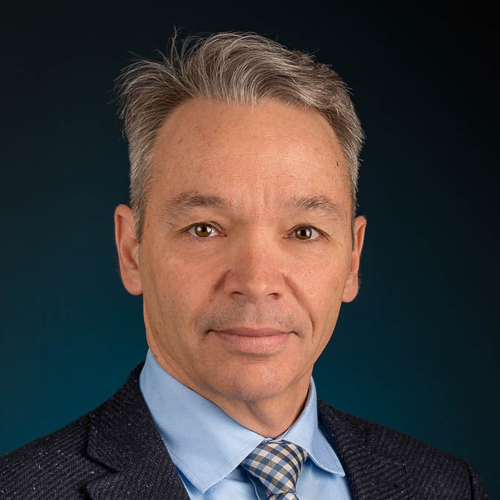
Louis Flamand, PhD
Professor
Microbiology-Immunology
Laval University
Canada
The biology and consequences of HHV-6 integration
Dr. Flamand is a top expert on inherited chromosomally integrated HHV-6 and studies both the underlying cellular mechanisms as well as the biological consequences of the condition.
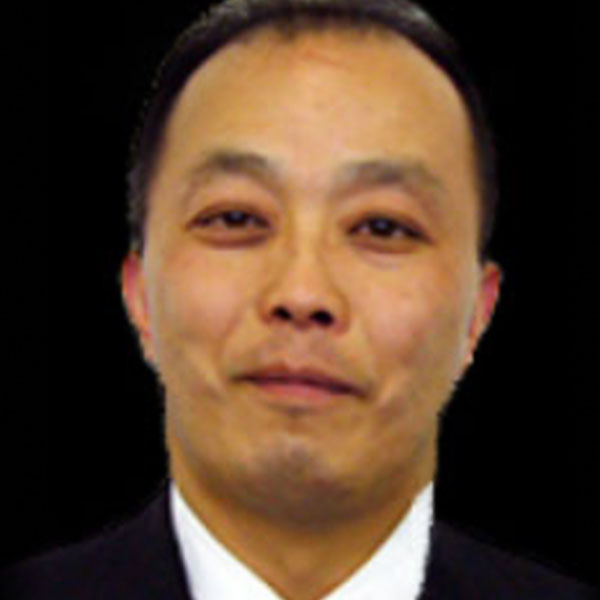
Tetsushi Yoshikawa, MD, PhD
Professor
Fujita Health University School of Medicine
Japan
Professor Yoshikawa is one of the world’s leading experts on HHV-6, with over 150 publications, including the role of HHV-6B in the pathogenesis of MTLE and the analysis of iciHHV6 in the Japanese population.

Ruth Jarrett, MBCHB
Professor of Molecular Biology
Center for Virus Research
University of Glasgow
Scotland
Epidemiology and clinical disease associations of iciHHV-6 in the UK
Professor Jarrett recently completed a major study on the clinical impact of iciHHV-6 using the UK Biobank. She has studied the possible role of viruses including HHV-6 in the pathogenesis of Hodgkin lymphoma.
Day 2: Wednesday March 26th
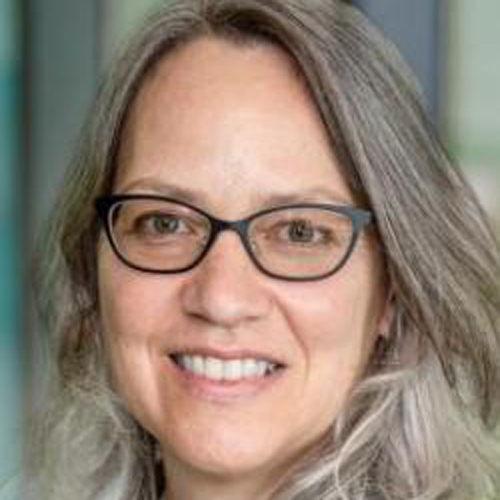
Danielle Zerr, MD
Professor and Division Chief
Pediatric Infectious Diseases
University of Washington and Seattle Children’s Hospital
USA
New guidelines for treating HHV-6B encephalitis
Dr. Zerr was the first to associate delirium and cognitive decline with HHV-6B reactivation post hematopoietic stem cell transplantation and has led a number of meta-analyses demonstrating the adverse consequences of HHV-6B reactivation.
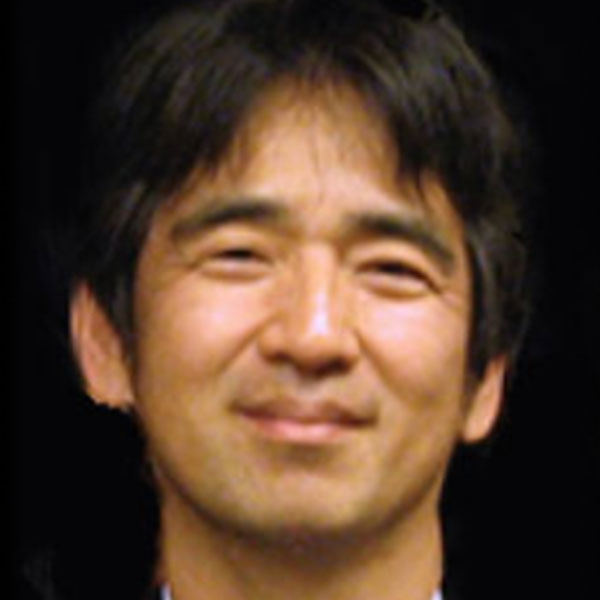
Masao Ogata, MD, PhD
Professor
Department of Hematology
Blood Transfusion Center
Oita University Faculty of Medicine
Japan
Professor Ogata has authored key papers on the use of foscarnet for prophylactic and pre-emptive therapies for HHV-6 encephalitis. He was the lead author on the clinical practice recommendations of the Japan Society for Hematopoietic Cell Transplantation.
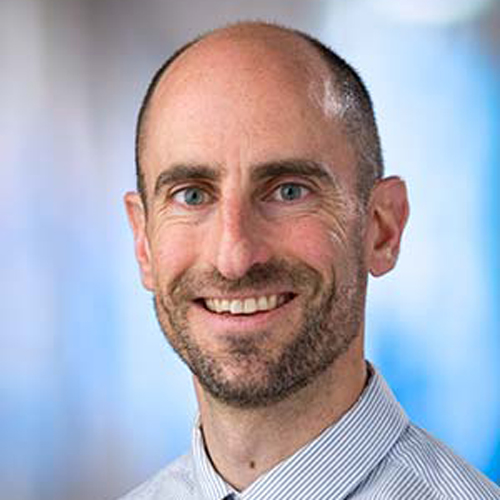
Joshua Hill, MD
Associate Professor
Vaccine and Infectious Disease,
Fred Hutch Cancer Center
University of Washington
USA
HHV-6 reactivation in HCT, including lung disease
Dr. Hill specializes in the treatment of infectious disease in transplant patients and others with weakened immune systems. He is an expert on inherited chromosomally integrated HHV-6, HHV-6 encephalitis, HHV-6 in lung disease and has studied HHV-6 reactivation in CAR-T cells.
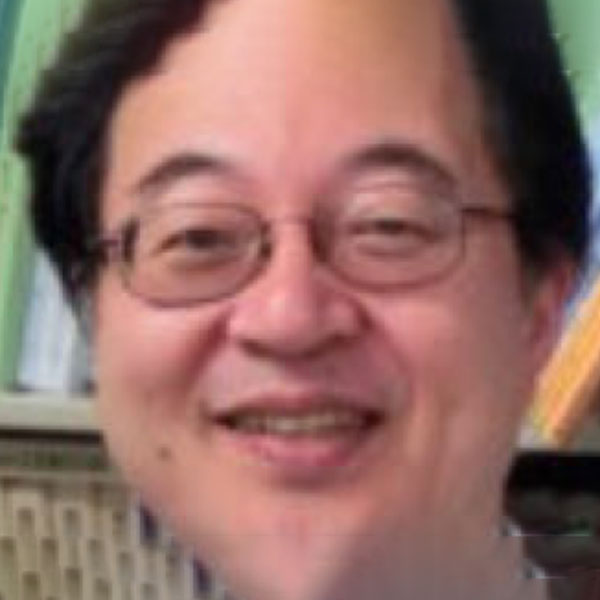
Hideo Asada, MD, PHD
Professor
Department of Dermatology
Nara Medical University School of Medicine
Japan
Professor Asada is an expert on HHV-6 and drug-induced hypersensitivity syndrome (DIHS). He has published over 15 papers relating to HHV-6 & 7 and hypersensitivity reactions.

Koichi Yamanish, MD, PhD
Professor
Senior Advisor, Research Foundation for Microbial Diseases of Osaka University (BIKEN)
Japan
Keynote: The Discovery of HHV-6
Professor Yamanishi discovered the association of HHV-6B and roseola, and has published over 145 papers on HHV-6.
Day 3: Thursday March 27th
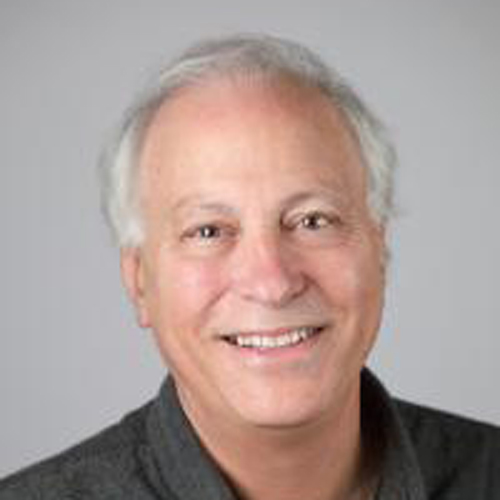
Steven Jacobson, PHD
Senior Investigator, Viral Immunology
National Institute of Neurological Disorders and Stroke
USA
Dr. Jacobson has been studying HHV-6 and other persistent viral infections in central nervous system for over 30 years, co-authoring over 65 publications. He found elevated levels of HHV-6B in biopsy tissue from MTLE patients and demonstrated that HHV-6 triggers neuroinflammation in a non-human primate model of multiple sclerosis.

Keith Jerome, MD, PhD
Professor
Head of Virology Division
University of Washington
USA
Prospects for an HHV-6 cure
Dr. Jerome is a virologist who uses cutting edge tools such as precision gene-editing CRISPR/Cas9 to remove damaging viral genes. He focuses on viruses that persist in their hosts, such as HSV1, HIV, hepatitis B and HHV-6.
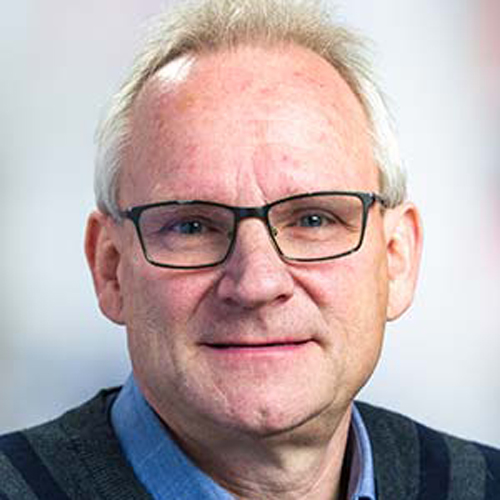
Michael Boeckh, MD, PhD
Professor of Medicine
Fred Hutch Cancer Research Center
Vaccine and Infectious Disease
University of Washington
USA
The way forward for HHV-6 research and antiviral treatment
An author on over 30 papers relating to HHV-6, Professor Boeckh he was one of the first to identify delayed engraftment, CNS dysfunction, and increased aGVHD and all-cause mortality due to HHV-6 reactivation.


